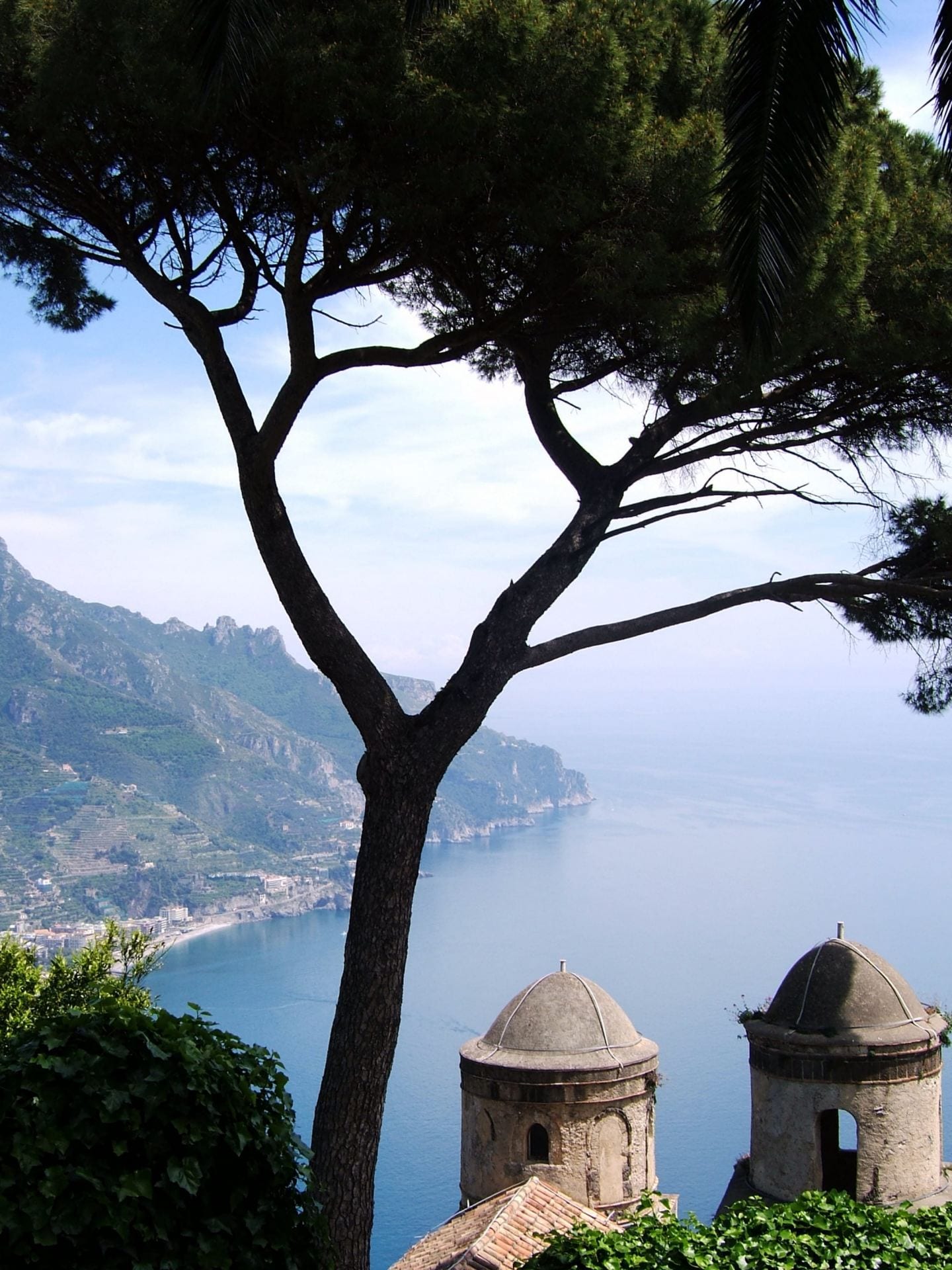by Dr Cathy Daly
cdaly@lincoln.ac.uk / http://drcathydaly.com
This May I attended an international workshop in Villa Rufolo, Ravello, Italy. It was organised jointly by the Council of Europe, the French Ministry of Culture and Communication and the European University Centre for Cultural Heritage (CUEBC), which has a campus in Villa Rufolo. The title of the workshop was Cultural Heritage Facing Climate Change: Experiences and Ideas for Resilience and Adaptation and it was free to attend for those with expertise in the field.
Both tangible and intangible cultural heritage will be impacted by climate change, the degree of impact is likely to depend on three factors:
- Exposure to climate effects
- Sensitivity of the heritage
- Adaptive capacity (or ability to cope)
Unlike exposure and sensitivity, adaptive capacity is not an inherent quality however, and deliberate efforts to increase the capacity to cope with (or avoid) the impacts of climate change are possible, mainly through management actions. This was the focus of the workshop, exploring what adaptation strategies were, could, or should be, in place for heritage protection.
When creating strategies for climate change adaptation the large degree of uncertainty about what the future climate will be poses a substantial challenge. My research focuses on how the potential impacts of climate change on archaeological heritage sites might be assessed and monitored by managers, despite this uncertainty.
At the workshop in Ravello I presented a paper entitled Informing Heritage Policy in an Uncertain Climate; Reflections from Ireland. In this I offered a brief exploration of barriers to adaptation and policy development in relation to cultural heritage and climate change at international level. The paper concentrated however on efforts that have been taken to tackle the issue within the Republic of Ireland, where the majority of my research has been focussed. Research and policy developments over the last decade in Ireland were chronicled, including the implications of the recently adopted Climate Change Bill. Lincoln Conservation has recently been engaged to write a background study that will inform the Irish Government’s ‘Adaptation Strategy for Built and Archaeological Heritage’ (required under this Bill). The Irish case study illustrates how uncertainty, future discounting, politics and financial instability can all impact on the translation of research into policy, and thus on adaptive capacity.
Nestled high on the Amalfi coast above traditional terraced lemon groves, Ravello is a wonderful venue for any discussions on heritage preservation. By bringing together leading scientists, researchers, government officials and heritage professionals from around Europe in an intimate roundtable format the workshop provided a valuable opportunity to debate the issues. Climate change is only one of a number of stressors that challenge the long term preservation of cultural heritage around the globe. From cherry blossom festivals in Japan (where false flowers are now used because of seasonal shifts) to the gradual loss of Venice below the rising sea – there was no doubt amongst the expert contributors that climate change is a risk that needs to be addressed urgently.
There are two planned outcomes of the May workshop. Firstly, following a round table discussion, it was decided to update and reissue the 2009 Recommendation of the Committee of Permanent Correspondents of the EUR-OPA Major Hazards Agreement. In addition the full text of all contributions will be published in a special issue of the series Sciences and Materials of Cultural Heritage at the CUEBC.
